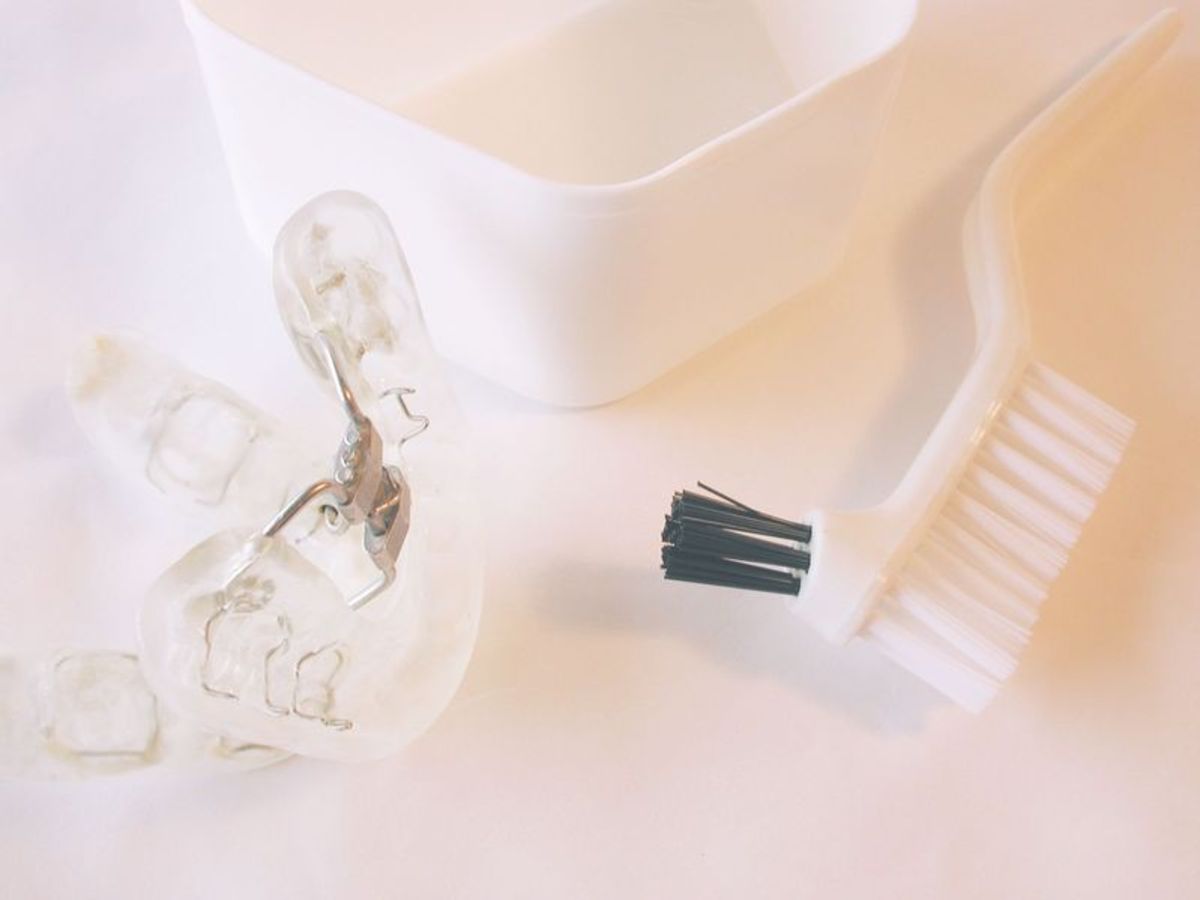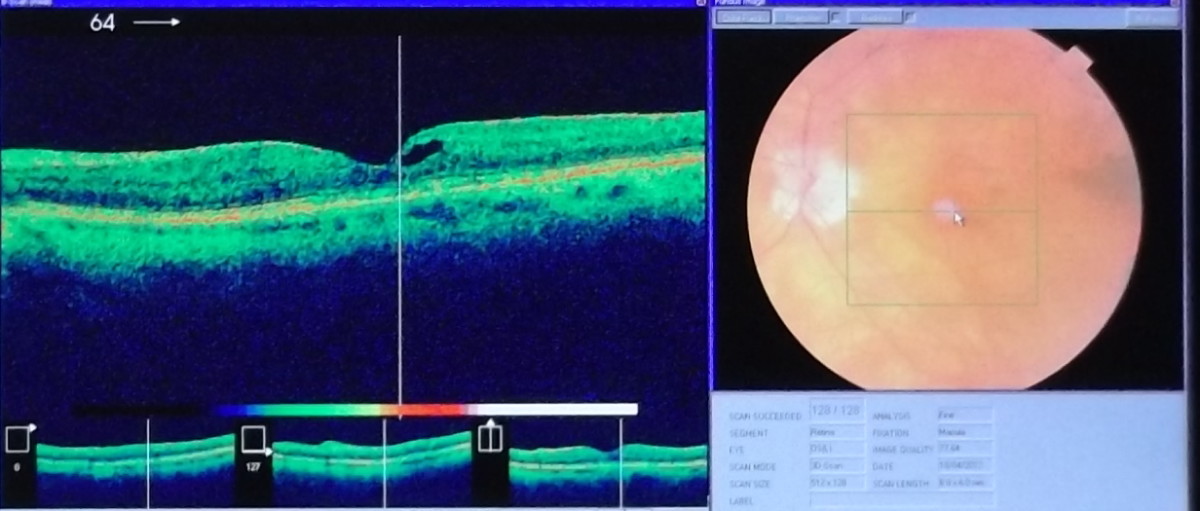Caffeine Powder Is Effective for Babies With Sleep Apnea

Caffeine anhydrous powder is a form of coffee powder that has been dried where the water content has been removed. The term “anhydrous” means “without water” indicating that this type of caffeine supplement can be purchased in dry, powdered form.
Caffeine is considered the most popular and most-widely used stimulant. It keeps you awake and alert, improves athletic performance, relieves pain, and to some extent, is associated with weight loss and lipolysis or the breakdown of fatty acids.
But did you know that caffeine is also the major substance used to treat apnea of prematurity and bronchopulmonary dysplasia, two breathing disorders among infants? Yes, caffeine is used to treat babies suffering from apnea and breathing problems.
Methylxanthines are the substances found in coffee that protect babies from apnea of prematurity.
Caffeine reduces the incidene of bronchopulmonary dysplasia especially in infants who have very low weight at birth.
Apnea of prematurity is a type of sleep disorder among premature infants where they stop breathing for 15 to 20 seconds. It is one of the most common problems encountered in the neonatal intensive care unit.
This may be caused by abnormal function in the baby’s brain or by muscles along the respiratory tract that are too weak to allow the air to pass freely. These episodes are characterized by shallow, irregular breathing for about 5 to 10 minutes with intermittent breathing completely stopped then followed by normal breathing.
Healthy premature babies who experience these irregular breathing episodes are given caffeine anhydrous powder preparation to stimulate breathing. The Journal of Perinatology suggests that caffeine remains to be the major treatment for this disorder due to its ability to block adenosine receptors A1 and A2.
Adenosine A1 receptor is present in every part of the body. It can be found in the smooth muscles of the nerves and blood vessels.
Both pharmacologic and nonpharmacologic treatment can be used for this disease, however if these are not effective doctors may use caffeine or theophylline.
Caffeine reduces the incidence of bronchopulmonary dysplasia especially among underweight babies. Bronchopulmonary dysplasia is a type of lung disorder among premature underweight infants and those who were subjected to artificial ventilation therapy.
Regular coffee drinkers should not worry about caffeine consumption because studies show that caffeine, when taken in moderate amounts has no adverse effects on blood sugar levels, production of urine, blood cholesterol levels, and kidney functions.
The effect of caffeine ingestion is biphasic which means that when taken in moderation, caffeine can lift up mood and boost energy but when taken in excess, caffeine can cause restlessness, anxiety, and headaches.
Overdose of caffeine may also result in increased secretion of gastric acid, acid reflux which could lead to hyperacidity or ulcer, increased free fatty acid levels in the blood, increased blood pressure and increased urine production.
© 2011 Zee Formadero








